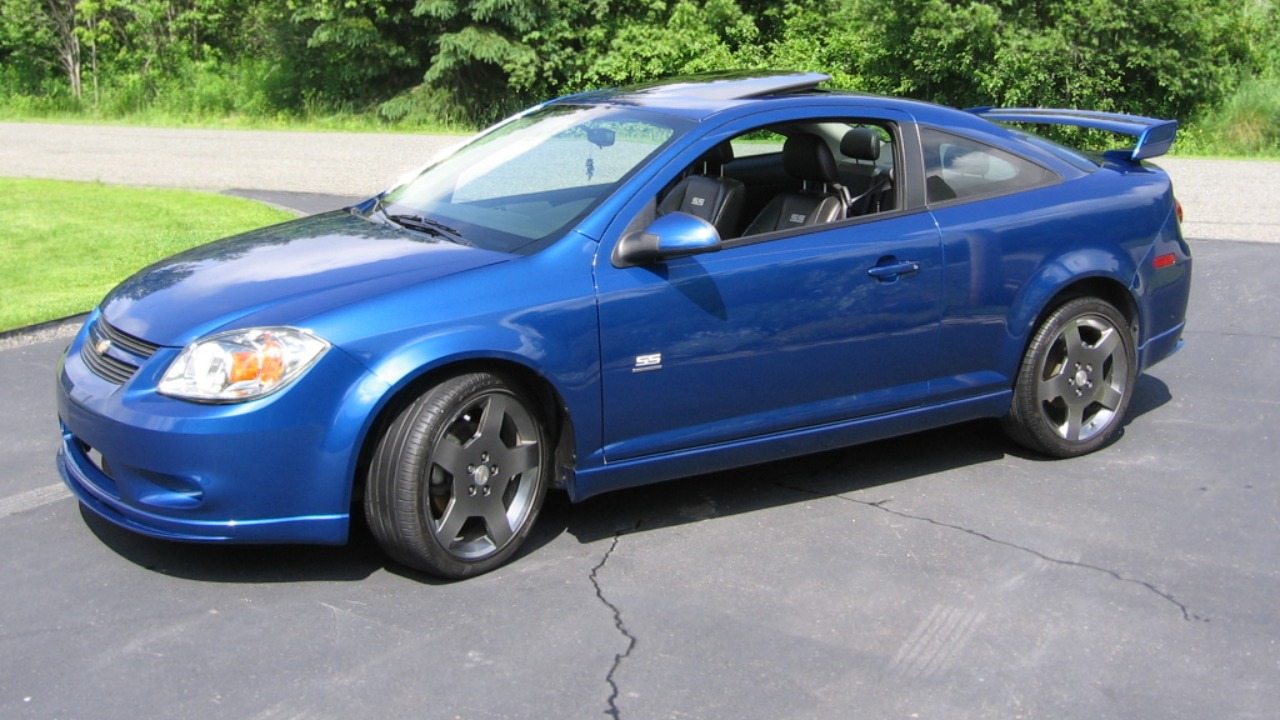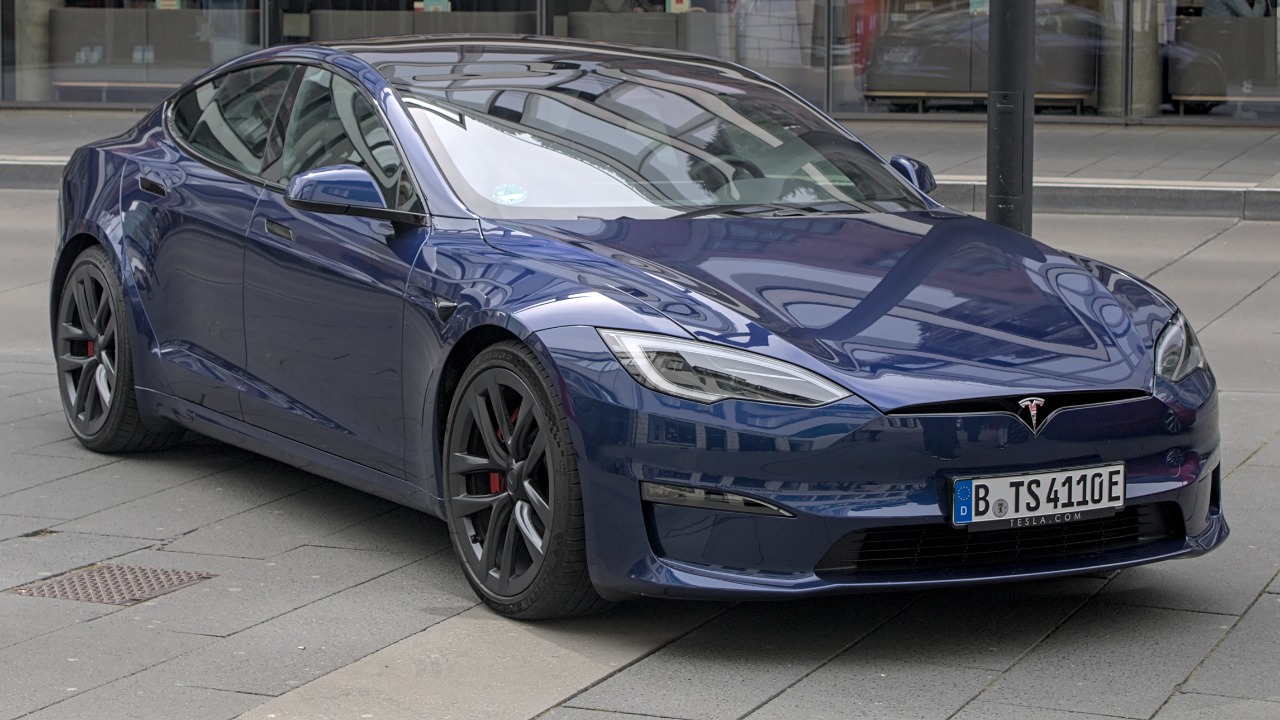
Delving into the world of automobile recalls reveals both the complexities and the costly repercussions that follow manufacturing oversights. Automotive recalls not only impact the companies financially but also have significant implications for consumer trust and safety. Here, we explore some of the most expensive recalls in automotive history, examining their impact on the companies involved and the broader industry.
The Takata Airbag Crisis

The Takata airbag recall stands as one of the largest and most expensive recalls in history, affecting over 100 million vehicles worldwide. The issue arose due to defective airbag inflators that could explode with excessive force, sending shrapnel into the vehicle cabin. This defect, linked to at least 25 deaths and hundreds of injuries globally, triggered an unprecedented recall affecting a wide range of automakers, including Honda, BMW, and Ford.
The financial repercussions for Takata were severe, ultimately leading the company to file for bankruptcy. Automakers faced significant costs as well, with estimates suggesting the industry-wide expense could reach up to $24 billion. Companies had to notify customers, replace defective parts, and manage the logistical challenges of such a massive recall. The Takata crisis also prompted stricter regulatory scrutiny and changes in manufacturing processes to prevent similar issues in the future.
Ford’s Massive Recall Challenges

Ford has a long history of large-scale recalls, often due to safety concerns that demanded immediate attention. Notably, in the early 2000s, Ford recalled millions of vehicles due to faulty ignition systems that could lead to engine fires. More recently, in 2020, Ford faced another massive recall involving over 2.5 million vehicles for potential door latch and brake issues that could compromise safety.
These recalls significantly affected Ford’s reputation, challenging the trust consumers placed in the brand. The costs associated with these recalls were substantial, encompassing the manufacturing of replacement parts, labor, and logistics. Ford’s response involved implementing stricter quality control measures and investing in safety technologies to prevent future incidents. More insights into Ford’s recall history can be found here.
General Motors’ Ignition Switch Recall

The ignition switch defect in General Motors (GM) vehicles led to one of the most infamous recalls in automotive history. The defect, which could cause the engine to shut off during driving, disabling power steering, brakes, and airbags, was linked to numerous accidents and over 120 fatalities. The recall involved millions of vehicles across various models, including the Chevrolet Cobalt and Saturn Ion, covering model years from the early 2000s to 2010.
The legal and financial fallout for GM was extensive. The company faced numerous lawsuits and paid out nearly $2.6 billion in penalties, settlements, and compensation. This included a $900 million settlement with the U.S. Department of Justice for failing to disclose the defect in a timely manner. GM’s experience underscores the importance of transparency and swift action in addressing safety issues to maintain consumer trust and minimize financial damage. Further details on this recall are highlighted here.
Toyota’s Unintended Acceleration Recall

In the late 2000s, Toyota faced a major crisis involving reports of unintended acceleration in its vehicles. This issue gained widespread attention following a tragic accident in California involving a Lexus ES350. An investigation revealed that floor mats could trap the accelerator pedal, leading to uncontrollable acceleration. The recall eventually expanded to cover issues with the pedal itself, affecting millions of vehicles globally.
The financial impact on Toyota was significant, with the company facing over $1 billion in fines and legal settlements. Beyond the financial cost, the recall affected Toyota’s market position, as the brand had long been synonymous with reliability and safety. In response, Toyota overhauled its quality control processes and invested heavily in new safety technologies to rebuild consumer confidence. The recall’s influence on the industry was profound, leading to more stringent safety standards and reporting requirements.
Tesla’s Technological Dilemmas

Tesla, known for its cutting-edge technology and innovation, has also faced recall challenges, particularly concerning its computer systems. One significant issue involved the potential need to replace thousands of computers in its vehicles due to defective touchscreen displays that could fail prematurely. This issue affected models such as the Model S and Model X, highlighting the risks associated with high-tech components in modern vehicles.
The cost of such recalls can be substantial, not only in terms of replacing hardware but also in managing customer relations and maintaining the brand’s image as a leader in automotive technology. Tesla’s experience illustrates the delicate balance between innovation and reliability. As the company continues to push the boundaries of automotive technology, it must also ensure that its products meet the highest standards of safety and quality. For more details on Tesla’s recall challenges, click here.